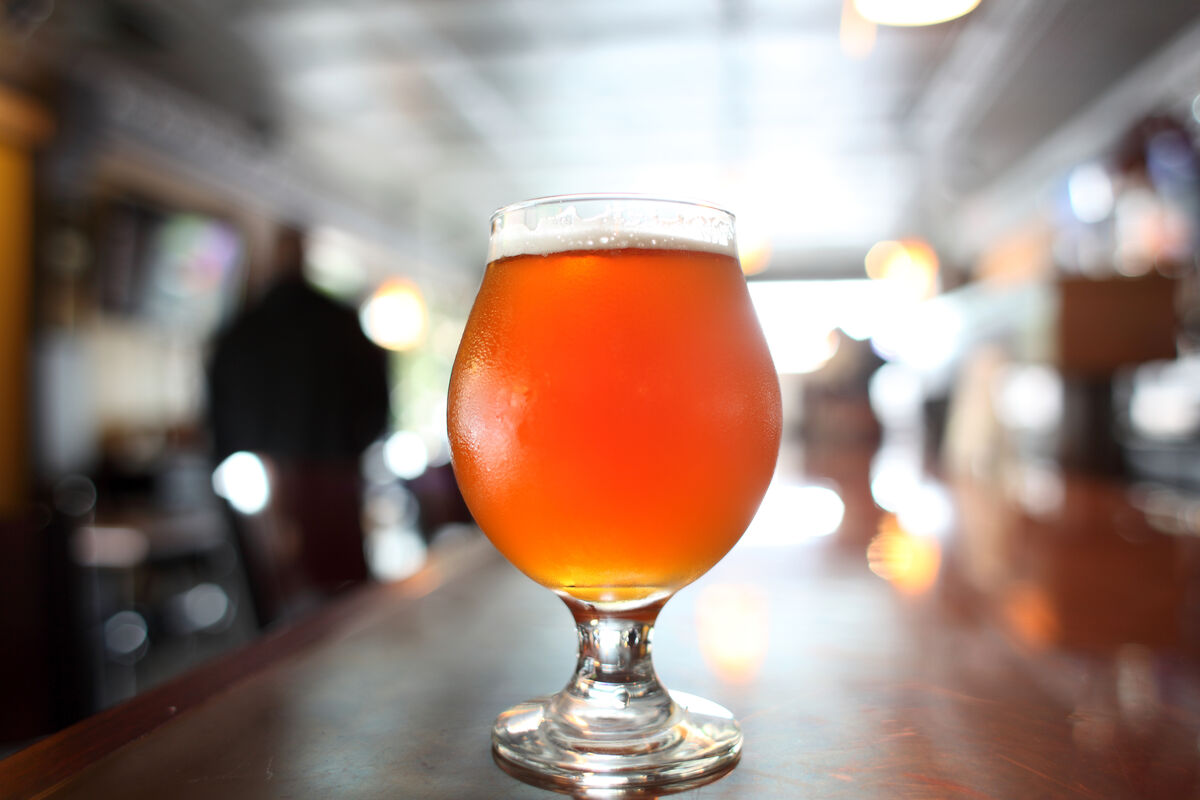Start 14-Day Trial Subscription
*No credit card required

Best Phones & Techniques for Social Media Beer Photography
As the United States enters the recovery portion of this pandemic, cities and states inch toward something close to full reopening. For craft beer aficionados that means seeing their favorite local beer halls back to full and raucous capacity. And, of course, back to sharing pics of their friends and favorite brews on their preferred social media platform.
Anyone who fits the description above––beer lover, pic-snapper––and happens to be in the market for a new phone has an embarrassment of options. The market is flush with hi-tech phones that double as genuinely great cameras.
Cory Smith, the force behind the phenomenal @cory_s_smith Instagram feed, says, “If given circumstances like great light, an interesting scene or backdrop and good framing, surely a phone can produce a good image. I have many photos on my phone, shot by my phone, that I think turned out about as well as they could have with my DSLR.”
Melissa Jones, creative force behind @Beautyofthebeer on Instagram, says, “I'll leave the DSLR at home when I know that the space is going to be dark or small. Usually my camera phone can handle anything I might want to take a photo of in the moment in these circumstances.”
Read for the best phones out right now that can bring your beer photography to the next level.
PHONES
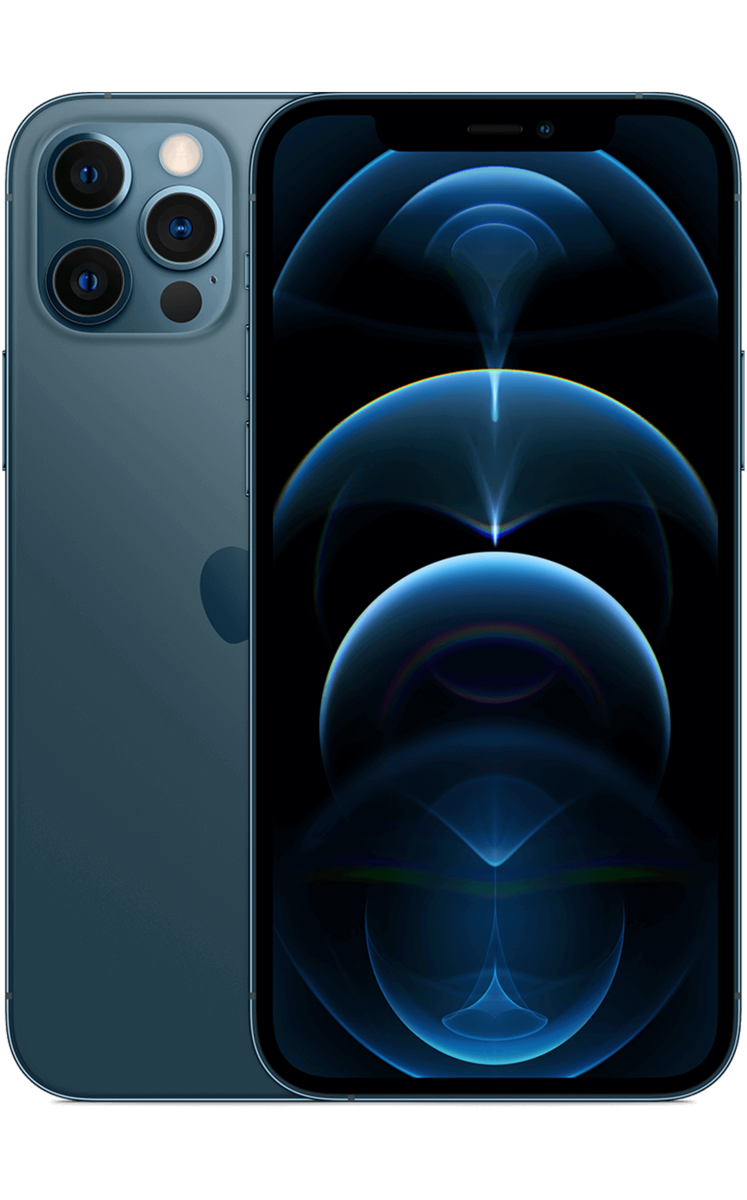
iPhone 12 Pro
Jones and Smith each tout the iPhone as their go-to phone for photography. It’s easy to see why with Apple’s latest model. The 12 Pro’s lidar creates an unparalleled depth that gives the taproom that old world mead hall feel and will make even the lightest pint feel gallons full. Improved focusing will also save you time and help prevent that perfect cheers shot from being even just a tad too blurry to post. It will also make it easier for you to do post-process work in one of the best photo editing software suites available.
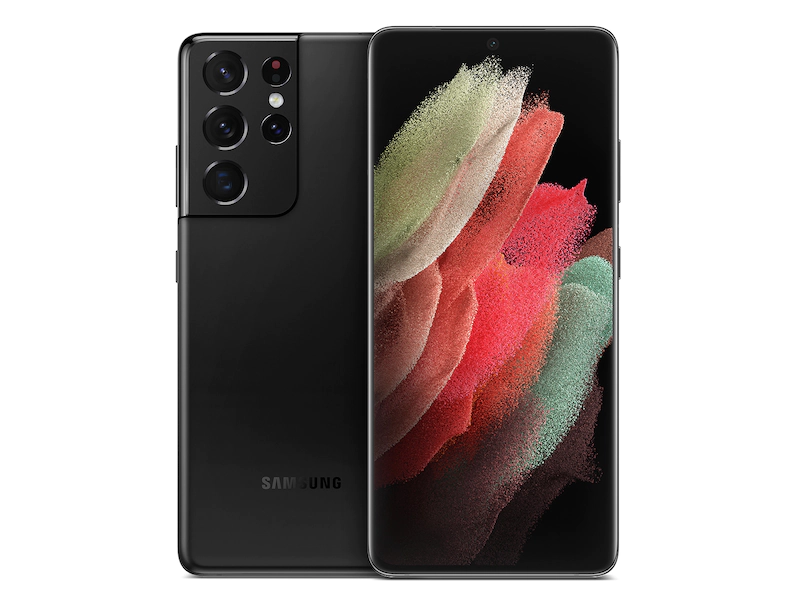
Samsung Galaxy S21 Ultra
The newest in Samsung’s workhorse phone series packs serious punch. Its dual telephoto lenses zoom give such detailed close-ups that you will be able to record the path of each and every bubble on its way to becoming sweet, beautiful foam. Zoom lock will ensure that these settings stick once you have them dialed in just right.
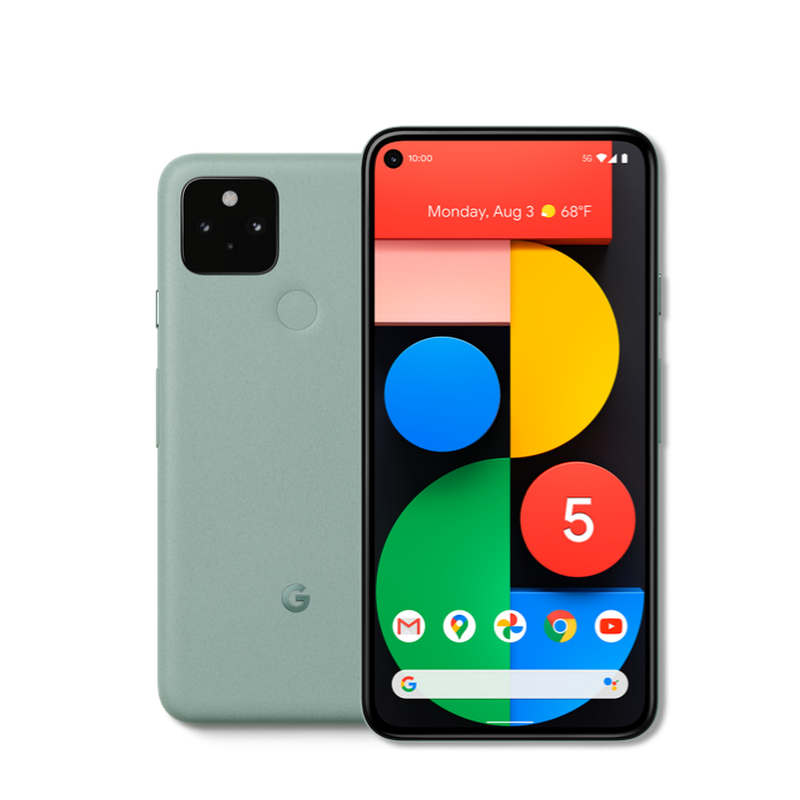
Google Pixel 5
The Pixel 5 is perfect for photographers who are okay with sacrificing some still functionality for amazing video. Advanced stabilization software will give your TikToks and Instagram stories a cinematic feel. Google’s entry into the smartphone market also has great built-in features for photo editing and, since it’s one of the smallest phones on this list, it’s going to be much less cumbersome to tote around from bar to bar.
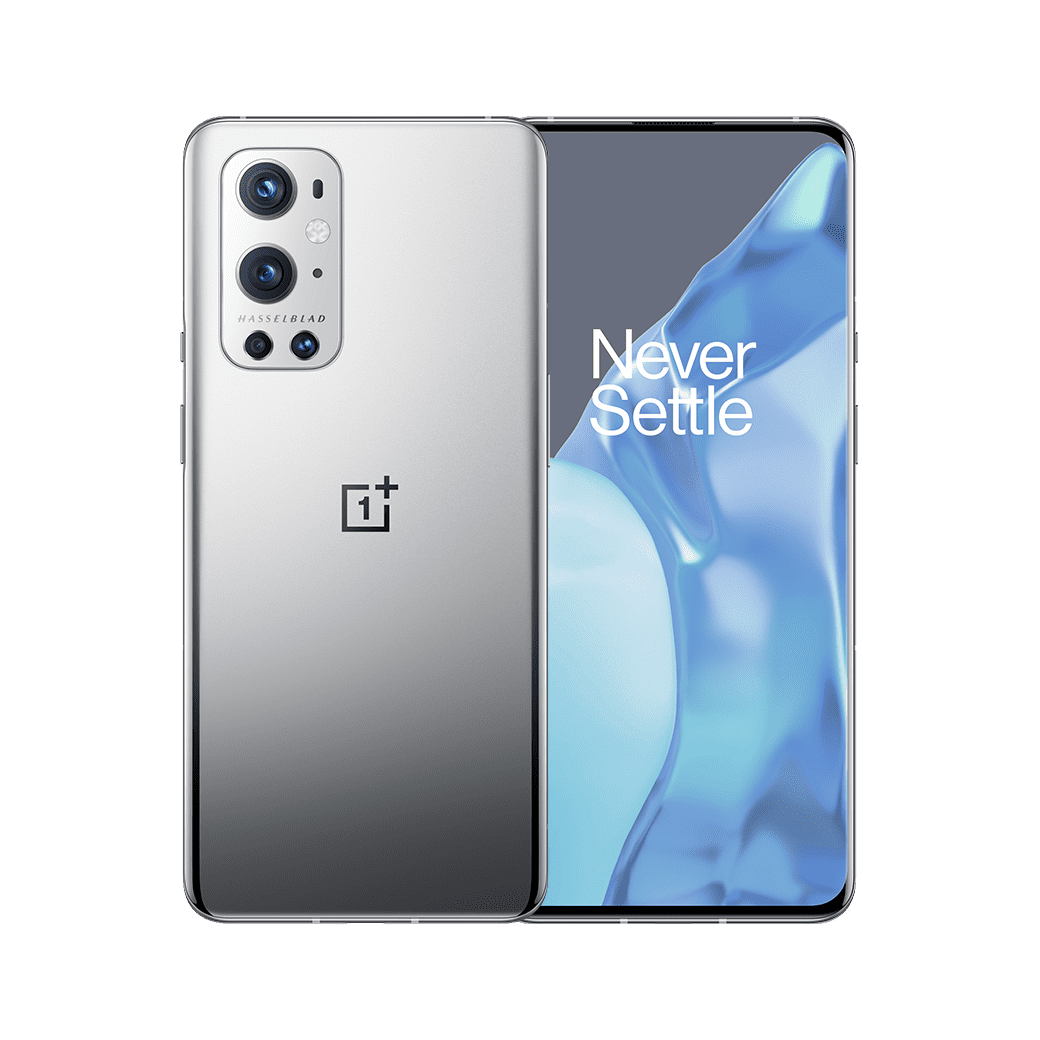
OnePlus 9 Pro
OnePlus is a more affordable, if lesser-known, alternative to the major brands mentioned above. The camera on its latest phone offers more lenses and more functionality than ever before. There is a dedicated monochrome lens that will make your black-and-white photos pack the moodiest and most emotional punch. Larger sensors also pick up the kind of textures that will show your followers just how velvety smooth that stout is, and the razor-sharp crispness of your favorite lager.
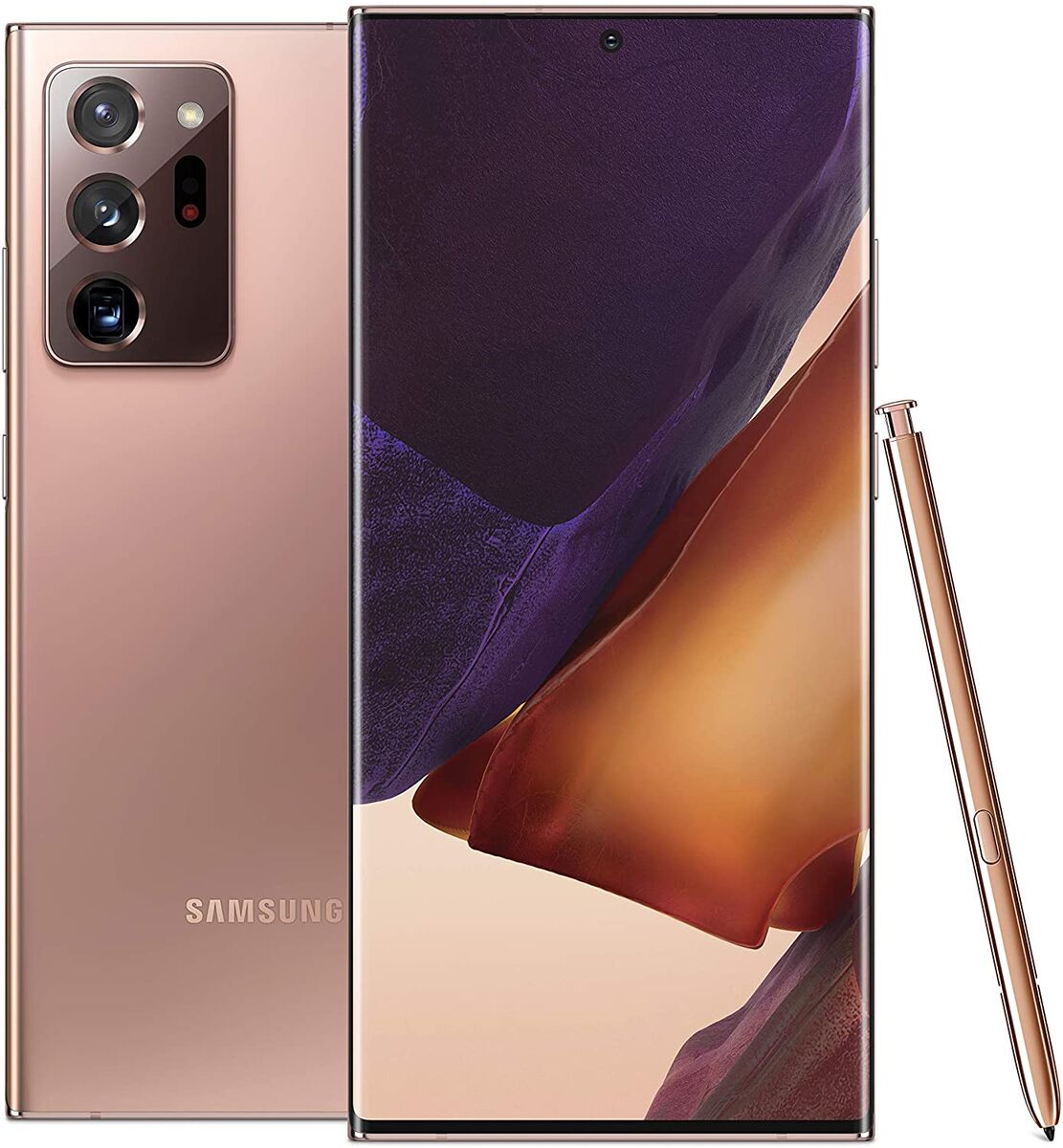
Samsung Galaxy Note 20 Ultra
Samsung’s Note toes the line between phone and tablet, and does so exquisitely. The on-board stylus allows for precise photo and video editing. Upgraded lenses allow for richer photographs and up to 8K resolution video. The Note’s price tag is larger most of the other options on this list, though you are getting impressive bells and whistles that should come with that kind of spend.
Once you have the right camera––hopefully with help from the list above––the next step is to know how to use it. Read on for a few techniques that will help turn the beautiful images you can capture into share-worthy photographs that just might make your feed rank among the best out there, like Cory’s and Melissa’s.
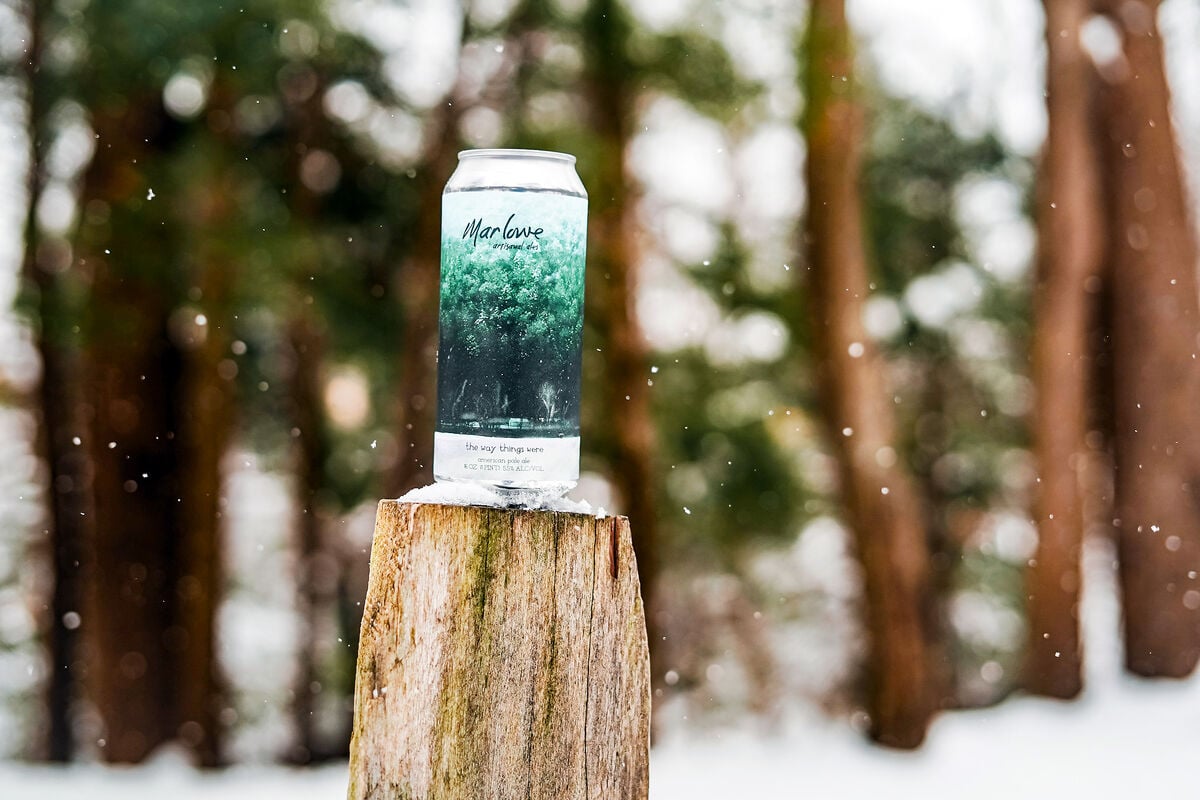
TECHNIQUES
Light liquids from behind: The first step you can take to improve your photography skills is to mimic what you like in other photos. Mimicry will breed your own innovations. And one quality separating the fermentable wheat from the trashed chaff of beer photography is making sure all liquids are lit from behind. This will give the golden nectar in your glass a chance to glow for what it is, something beautiful and worth sharing, even for beautiful prints to decorate your wall on Wallpics.com.
Leverage natural light: Jones is particularly evangelistic for using whatever natural light is available. She says, “Natural light is your best friend, if you're in a darker space, move close to the window to take the photo so that the natural colors of the beer are effectively demonstrated. Be mindful of the background, interesting backdrops will draw the eye into the photo.”
Creative staging: It’s okay to start your photography journey with traditional portraits of bottles, glasses, and friends. Smith says, “My early posts on Instagram are 100% bottle shots. I think it’s natural to start there and it’s certainly a way to grab people’s attention quickly.” But like Smith, you’ll want to see this as a starting point and become innovative with telling the story of the beer, the place, and the people around you.
Vary your focus and create a series: With all the tech devoted to zooms and deep focus, it’s always good to remember to vary your focus. If you’ve got a great background and an interesting subject, take a few shots that focus on the beer, then their face, then the faces of people around them. Drinking is such a social experience and viewers will tend to get so much more context and story from your photography if you think of your photos as in conversation with each other.
Have a good time: Viewers can sense passion. Speak through your photography and have a strong point-of-view for them to connect with. If you love what you’re capturing, then the people who see your photos will feel that and engage with them more deeply.
Capture the environment: Jones says, “The people that follow you on social media for craft beer are looking to see what the brewery is like, what they're missing out on or what they could be a part of if they go there and I want to serve that up to them through my photos. The more real and un-staged I can make the photo feel the better the engagement. People want to see what it would be like to have a beer with you.”
Practice: Both Jones and Smith are adamant that practice breeds perfection. Smith says, “You start to identify things that work and don't work the more you do it. Like with most anything, the more you do it, the more you start to recognize opportunities.” Jones says to use everything around you in search of that perfect photo, “If you are in a brewery looking to take a beer photo, move around the space, don't just stay at the bar and take a photo of the beer right where the beertender left it. Go find something interesting in the space to incorporate into the photo.”
